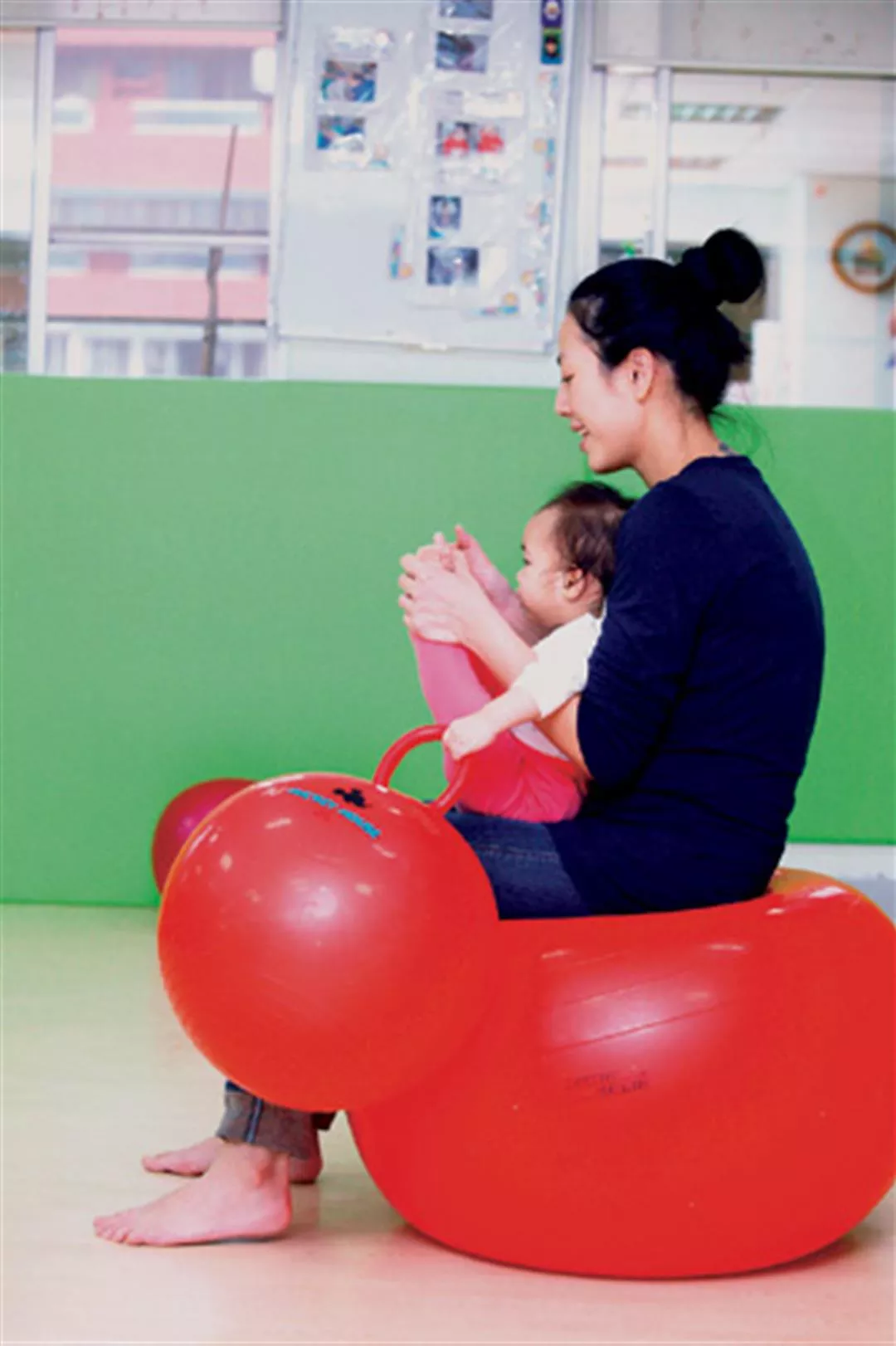Priority on domestic adoptions
In 1993, the international community acted to regulate intercountry adoption by passing the Hague Adoption Convention, which had 85 signatories as of January 2011, including mainland China. Taiwan is not a signatory, but it did incorporate the spirit of the convention into the Children and Youth Welfare Act by, for example, placing priority on placing the child within the state of origin, and on the arrangement of adoptions via agencies.
A few years ago, the news media gave prominent coverage to overseas adoptions of AIDS babies and severely disabled children from Taiwan. Deeply moved, people began to ask themselves: Why can’t we keep such children in Taiwan? Are we to believe our people are any less compassionate than foreigners?
MOI statistics show an annual average of 300–400 children from Taiwan being placed for adoption overseas over the past 10 years, with the largest share going to the USA. The US Bureau of Consular Affairs reports that families in the US adopted about 2,000 children from Taiwan from 1999 through 2011, and its statistics on incoming adoptions by country of origin ranked Taiwan at number five in 2010, and among the top 10 in 2009.
MOI figures show the Netherlands as the single biggest European destination for adoptees from Taiwan, taking an average of 30–40 children per year, over half with physical or mental disabilities.
Why should these particular countries be the most common destinations?
There are historical reasons, explains Alicia Wang: “Taiwan has close ties with the US (such as US aid to Taiwan after World War II), and the island was once colonized by the Dutch. Moreover, American churches and social welfare groups provided early training and support to help many groups in Taiwan (such as the Taiwan Fund for Children and Families) to get established, so there’s a natural comfort zone in dealing with those countries.”
Also, some adoption agencies in Taiwan have long had cooperative ties with overseas institutions. The Dutch justice ministry, for example, established the Meiling Foundation in 1989 to arrange intercountry adoptions. Since then, the foundation has worked regularly with several adoption agencies in Taiwan, and by the end of 2010 had arranged for the adoption by Dutch families of 860 children from Taiwan. Of these, 859 were placed for adoption via either Cathwel Service or Christian Salvation Service, while one adoption was arranged via the CWLF, which has begun only in the last few years to provide small numbers of children for intercountry adoption.
Major adoption agencies in the West have long regarded Taiwan, China, South Korea, Russia, Ukraine, the Philippines, and Haiti as their main countries of origin.
An online search turns up dozens of websites that deal specifically with the topic of adopting children from Taiwan. Click into the hits and you will find any number of adoptive parents who have posted family photos on their blogs, showing them with their adopted children from Taiwan. Warmly emotional captions appear below the photos—“We are family” and “Our forever family,” for example.
Many of the Taiwanese kids in the photos have disabilities. Some are in wheelchairs, while others have atrophied limbs. But the one thing they all have in common is beaming smiles.
In adoption parlance, these kids are called “special-needs” children. In Taiwan, special-needs children of all ages have the same problem as other kids who’ve passed the age of three—they have little chance of being adopted by anyone in Taiwan.

About 1,000 children and youths were admitted to care institutions in 2011 due to domestic violence or other family breakdowns. Shown here and on the facing page are two infants being cared for at Cathwel Service’s Jonah House orphanage.